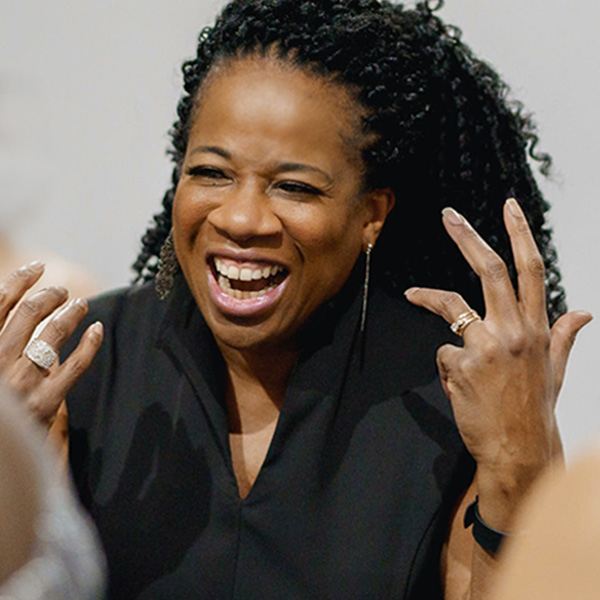When people think of music by Indigenous artists, there’s a pervasive image that endures and it’s one that Jarrett Martineau, BA’06, is determined to blow up: “powwow music.”
“It’s not all hand-drums,” Martineau says. “The calibre of music coming out of our community is the equal of anything in any other community. The creativity is boundless.”
As the co-founder and creative producer for RPM (Revolutions Per Minute) Records, a Toronto-based indie label and music platform dedicating to showcasing Indigenous music in all its diverse forms, Martineau is a key player at a time when Indigenous artists are attracting more attention than ever before.
The zeitgeist is on his side. As made plain in the recent rockumentary Rumble: The Indians Who Rocked the World, First Nations artists have been involved in the music scene since long before Link Wray (a Shawnee) invented the power chord. “We want to fortify and amplify the voices coming from our community,” Martineau says.
A member of Frog Lake First Nation, a Cree and Dene community in Alberta (pop. 2,500), Martineau studied English literature and Canadian studies at McGill. “At the time, [Canadian studies] was the only real discipline at McGill that even had any Indigenous content,” he says.
He was working on a PhD in Indigenous governance at the University of Victoria when the idea for RPM began to form. He had been talking to documentary filmmakers working on a feature about Six Nations blues musician Derek Miller. “He’d run into a glass ceiling,” Martineau says of Miller. “He was able to reach his own community, but not break through to a larger audience.”
Martineau acknowledges that RPM isn’t the first-ever label devoted to Indigenous music per se – that honour likely belongs to Canyon Records in Phoenix, Arizona. Still, he believes RPM is unique. “In terms of the focus on experimentation and cross-genre music, I think we’re on our own.”
Aside from his contributions to RPM, Martineau has also become a familiar figure in Canadian broadcasting. He was a co-host for CBC’s innovative cross-platform TV series ZeD and a producer/host for the late night CBC Radio alternative music program Brave New Waves. He also produced the TV series Rise for Viceland, which looked at how Indigenous communities were working to protect their homelands.
Martineau now hosts Reclaimed a CBC Radio series that spotlights the diversity of contemporary Indigenous music. He says the show “was an indirect outgrowth of RPM. I had spoken to [CBC], they were looking to bring in more diverse acts.”
Even a cursory troll through the Indigenous artists on RPM and beyond reveals a remarkable range: the spectral electronica of Ziibiwan, the Indigenous hip hop group A Tribe Called Red, protest singer-songwriter Raye Zaragoza, neo-soul man David Morin, the edgy beats of Exquisite Ghost, the opera/Wolastoq fusion of classically-trained Jeremy Dutcher, the ballsy countrified folk of Logan Staats.
Martineau does not want RPM to limit itself to presenting First Nations artists to a self-curated audience of Indigenous music fans. He wants to promote a cross-pollination of genres and audiences.
Late last year, RPM was one of the driving forces behind New Constellations, a 13-city tour that saw major Indigenous artists like A Tribe Called Red, Mob Bounce, Jeremy Dutcher, Elisapie and Leonard Sumner, sharing the bill with mainstream stars Feist, Sam Roberts, Stars, July Talk and Jason Collett.
The tour also involved workshops on songwriting, music creation and DJ/production skills at six of the stops, including two Indigenous communities, and a mentorship program for Indigenous youth that involved such artists as Polaris Music Prize winner Lido Pimienta, Cree/Dene musician IsKwé, and singer Jasmyn Burke (Weaves).
“Having all those artists on the same bill – that’s already a shift,” says Martineau. “Given geography and cultural gaps, a lot of Native people might not ever see Sam [Roberts], and a lot of his audience might never see a Native artist.”


